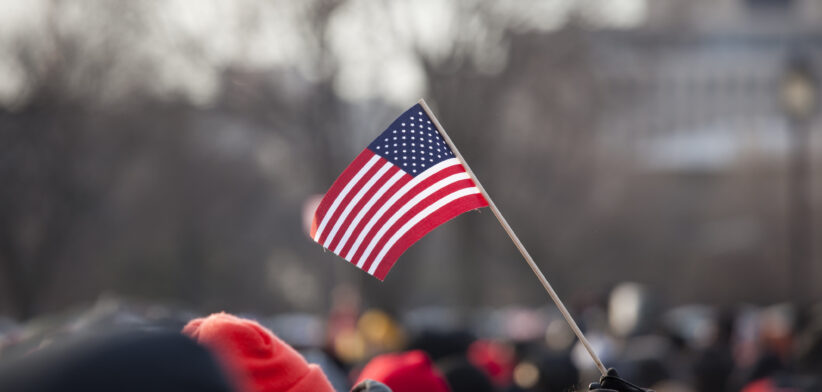In his autobiography A Promised Land, former US President Barack Obama outlined the core aspirations that united all Americans.
Chief among them was that, after a lifetime of work “they should be able to retire with dignity and respect”.
This concept of getting an education, securing a decent job, owning a house and having a comfortable retirement has long been associated with the concept of the “American Dream”.
But the dream is in trouble.
As Australia grapples with its own housing cost and supply shortage issues, the Wall Street Journal reported this week that housing affordability in the US had fallen to its lowest point since 1985.
This was coupled with new research from the AARP Financial Security Trends Survey showing that one in four workers aged over 50 in the US did not ever expect to ever be able to afford to retire.
The survey also showed that men are feeling less financially secure than they did two years ago.
“Today, 42 percent of all men aged 30-plus describe their financial situation as ‘only fair’ or ‘poor’, up from 34 percent when the survey began in January 2022,” the survey report said.
“This decline appears to be driven by increased difficulties managing debt, building savings, and even covering basic expenses.”
Among men, only 62 percent have any emergency savings, down from 69 percent two years ago.
Despite the drop in the share of men who feel good about their finances, the data suggests that men’s financial positions are most likely still stronger than women’s.
Men have also saved more for retirement compared to women.
“In fact, among adults who regularly save for retirement, roughly four in 10 men believe they are saving enough to be secure in retirement, compared to just three in 10 women,” the report said.
Just under 25 percent of people over 50 still in the workforce did not expect to ever be able to retire.
“Among adults who are regularly saving for retirement, just 36 percent expect to have enough money in retirement to be financially secure if they continue saving at their current rate,” the survey said.
“The increase in the share of retirement savers who don’t expect to have enough money in retirement comes specifically among adults 50-plus, that is, those much closer to retirement age.”
In Australia the PropTrack Housing Affordability Index, released last year showed housing affordability here was at its worst level in three decades.








